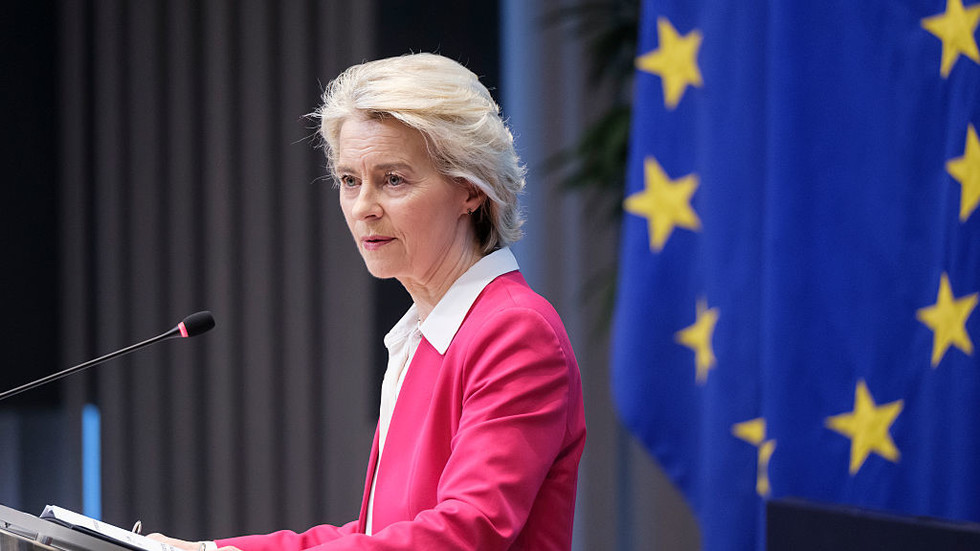In Nigeria, the tale of Mary Slessor, the Christian missionary who reportedly saved abandoned twin children from certain death, is a well-known story. However, the reality is far more complex than the popularized version. In the pre-amalgamation era of 1885, in the village of Amanni, the birth of twin children was considered an abomination. This belief led to the abandonment or killing of twins, along with other barbaric customs such as sacrificing able-bodied men and accusing women of witchcraft.
The film “Festival of Fire,” directed by Chico Ejiro, delves into the deep-rooted traditions and customs of Amanni. It portrays the blind obedience to outdated rules and the clash between preserving culture and evolving society. The arrival of Christian missionaries challenges the status quo, leading to a confrontation between tradition and modernity.
The narrative follows Sister Mary, played by Regina Askia, as she protects the endangered twin children and questions the cruelty of Amanni’s customs. The film does not offer a simplistic resolution of good triumphing over evil but instead explores the complexities of cultural preservation and human rights.
Through the character of Ezenmuo, the custodian of Amanni’s traditions, the film prompts viewers to reflect on the rationality of upholding customs that are inherently cruel. Ezenmuo’s personal journey highlights the need to question traditions that no longer serve the well-being of the community.
“Festival of Fire” serves as a poignant reminder to Nigerian audiences, and global viewers alike, to reevaluate outdated and harmful cultural practices. It urges societies to evolve alongside their people and not be bound by traditions that impede progress.
As the film resonates with audiences, it sparks a crucial conversation about the importance of adapting customs to align with modern values. In a world constantly changing, “Festival of Fire” stands as a powerful message of warning against blindly preserving culture at the expense of human rights and progress.


